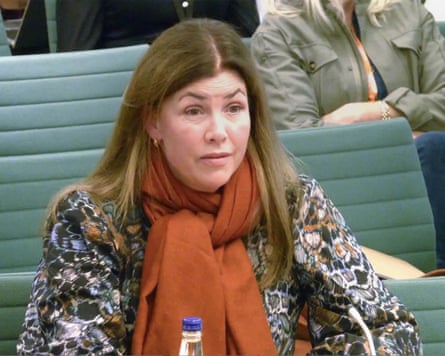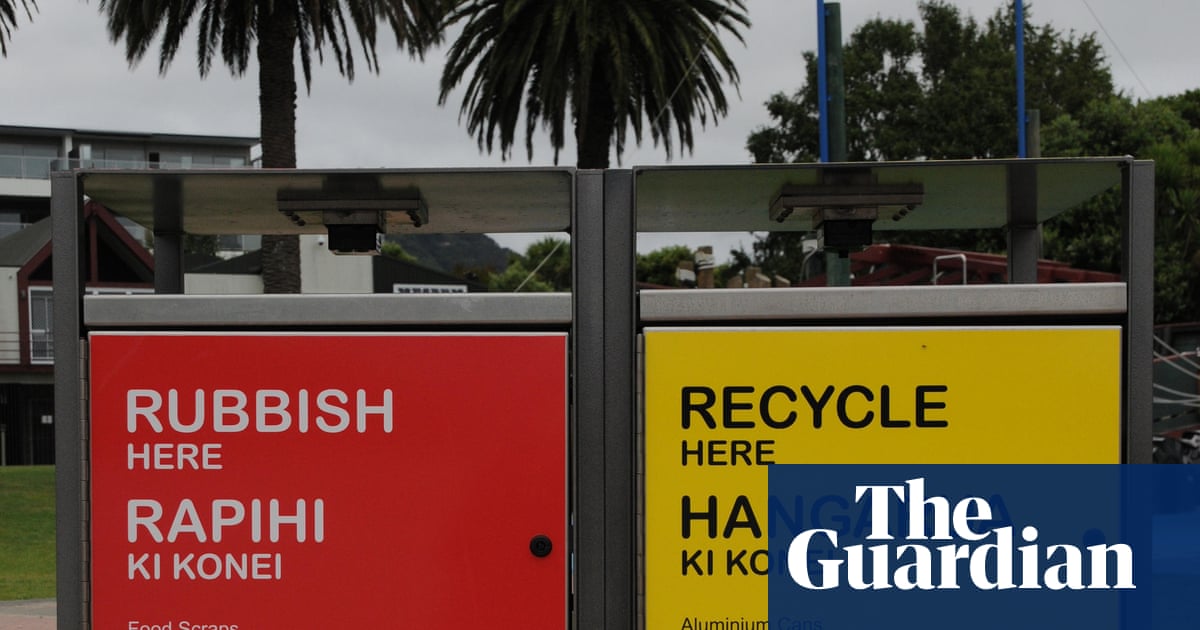Rachel Reeves has been urged to abolish the “sin tax” of stamp duty in the budget by property experts including TV presenter Kirstie Allsopp, as the chancellor faced calls to replace it with an annual property tax.
Allsopp, presenter of Channel 4 property shows including Location, Location, Location, said “people are in a panic” about potential stamp duty changes, and “sitting tight” ahead of the 26 November budget.
Speaking to MPs on the Treasury committee, she said: “We have to be very careful not to see buying property as a sin, because at the moment it’s a sin tax. It’s like cigarettes and alcohol and first-class travel.
“You are actually punished for wanting to buy a more expensive property than the previous one, and that is wrong … Everybody tells you that it is an economic positive to encourage people to move house.”
The Treasury is considering a new tax on the sale of homes worth more than £500,000 as a step towards a radical overhaul of stamp duty and council tax, the Guardian revealed in August.
The Treasury is also reportedly considering changes to capital gains tax relief on main homes (at the higher end), and a “mansion tax” on more expensive properties.
The comments came as Taylor Wimpey, one of the UK’s biggest housebuilders, reported a drop in sales in the key autumn period, and blamed uncertainty in the run-up to the budget for potential buyers holding back purchases.
The other experts who were quizzed by the committee also said stamp duty, which is levied on property purchases above £125,000, should be abolished.
Kate Willis, property taxes technical officer at the Chartered Institute of Taxation, said: “It’s relatively easy to collect. It’s quite difficult to avoid. It raises revenue. But economists are almost universally agreed that it does distort economic activity.”
Richard Donnell, research director at the property website Zoopla, said 40% of first-time buyers looking to buy through Zoopla – nearly 80% in London – would pay stamp duty, with an average bill of £16,000 – about 3% of the value of the property – “so it’s quite a big hit to them”.

He added: “You’re also trapping a lot of people out of home ownership and that puts big pressure on the rental market.”
Tim Leunig, director of economics at Public First Consulting and a former adviser to several ministers including Rishi Sunak, said: “Every single person in the country is a loser from stamp duty land tax because it restricts people from moving. It restricts you from moving to opportunity to get a better job and so on. And as a result, GDP is lower.
“Tax returns are lower, from income tax, VAT, etc. The people who are the biggest losers are genuinely young people because they move more often.”
But he warned that if stamp duty was just abolished, house prices would go up, especially in London.
Instead, Leunig has proposed an annual property tax payable by buyers of homes over £500,000. In a report for the centre-right thinktank Onward, he suggested a 0.54% yearly levy on home value, with a higher rate for any home worth more than £1m.
Asked about a mooted mansion tax, for example a levy of 1% on properties worth more than £2m, Allsopp said: “I think there’ll be a lot more properties worth £1.9999m.”
Leunig said: “I’m not sure why someone who pays £2m for a house should be taxed more than someone who spends half of that money on a house in the south of France, or on a yacht. If you’re going to have a wealth tax, you should have a wealth tax, rather than isolating one form of wealth.”

 3 months ago
97
3 months ago
97

















































